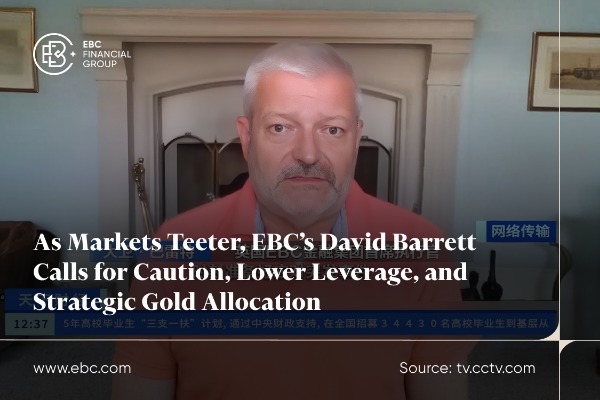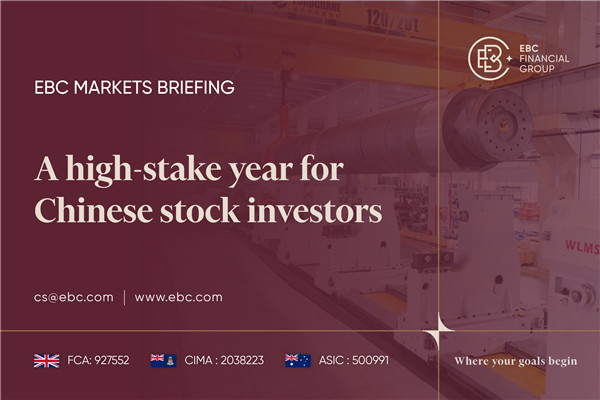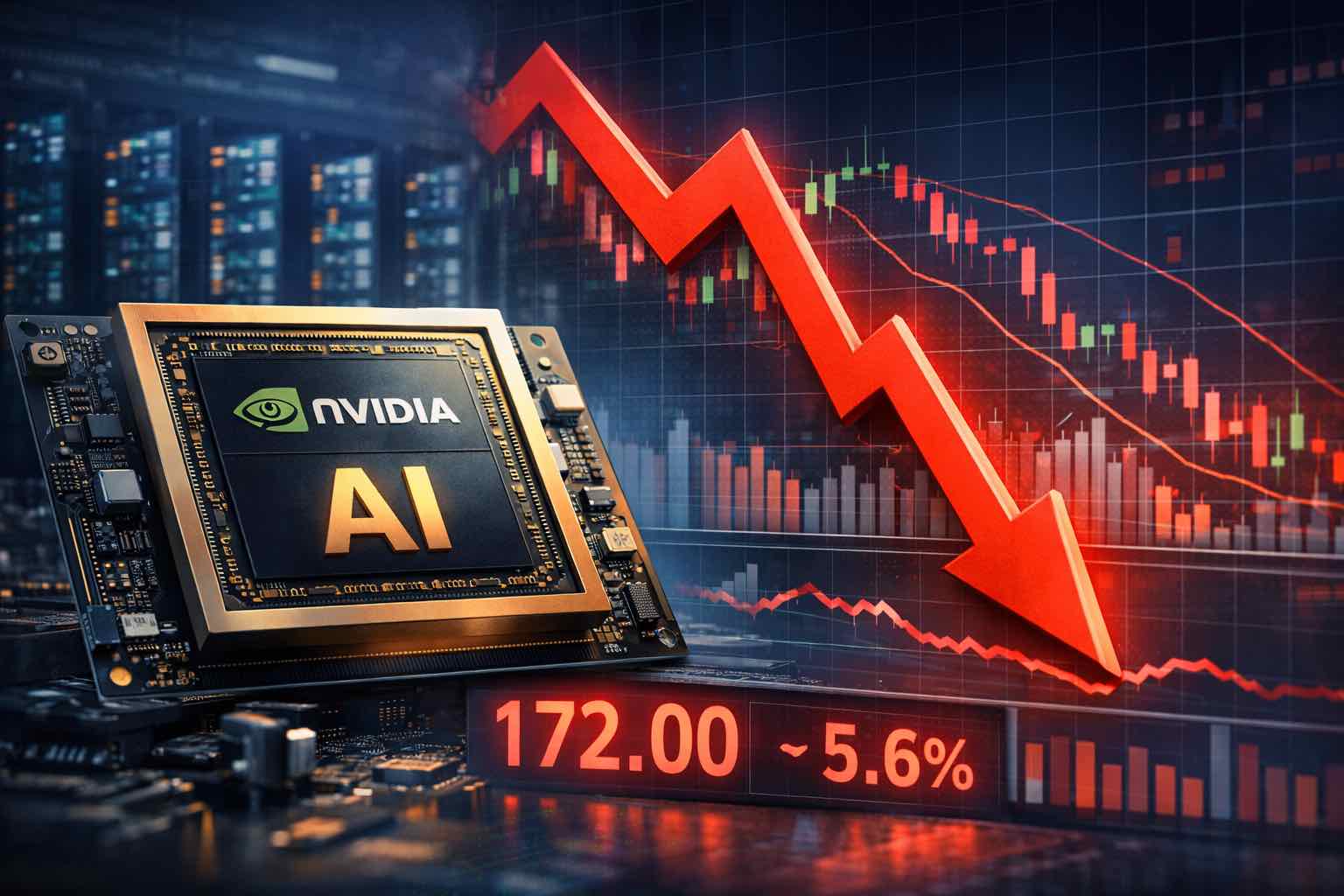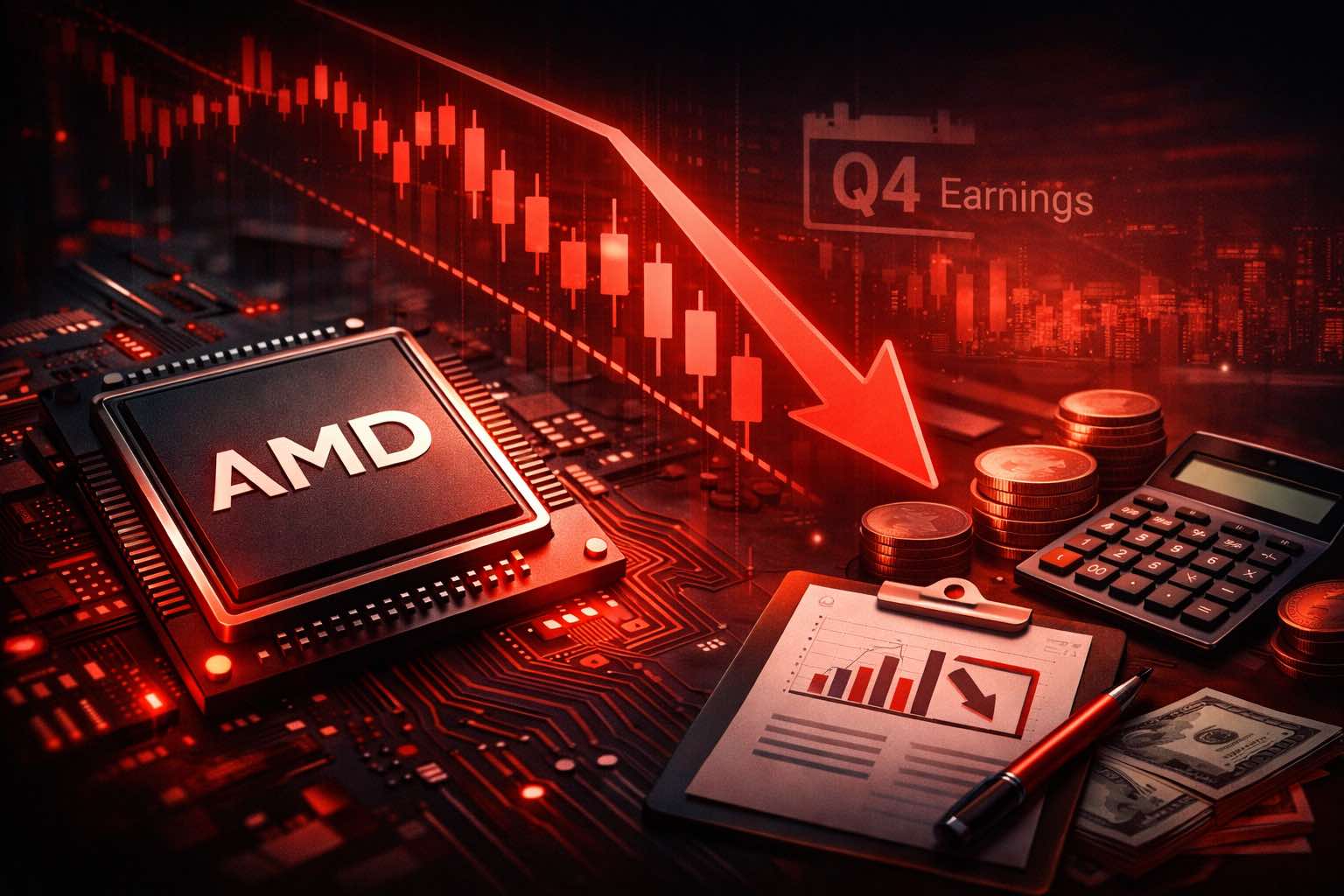The Nasdaq 100 rose on Monday as investors moved further into the AI trade
following a number of deal announcements. However, the weak breadth has been an
ongoing concern of the market.
US equity fund inflows cooled significantly in the week to 29 October as
investors refrained from taking major bets in the lead-up to an anticipated Fed
rate cut and a batch of earnings reports.
The technology sector, meanwhile, had a net $1.65 billion weekly inflow, the
largest since 1 October. In contrast, financials and consumer discretionary saw
outflows of $662 million and $314 million, respectively.
US manufacturing contracted for an 8th straight month in October as new
orders remained subdued, and suppliers were taking longer to deliver materials
to factories against the backdrop of tariffs on imported goods.
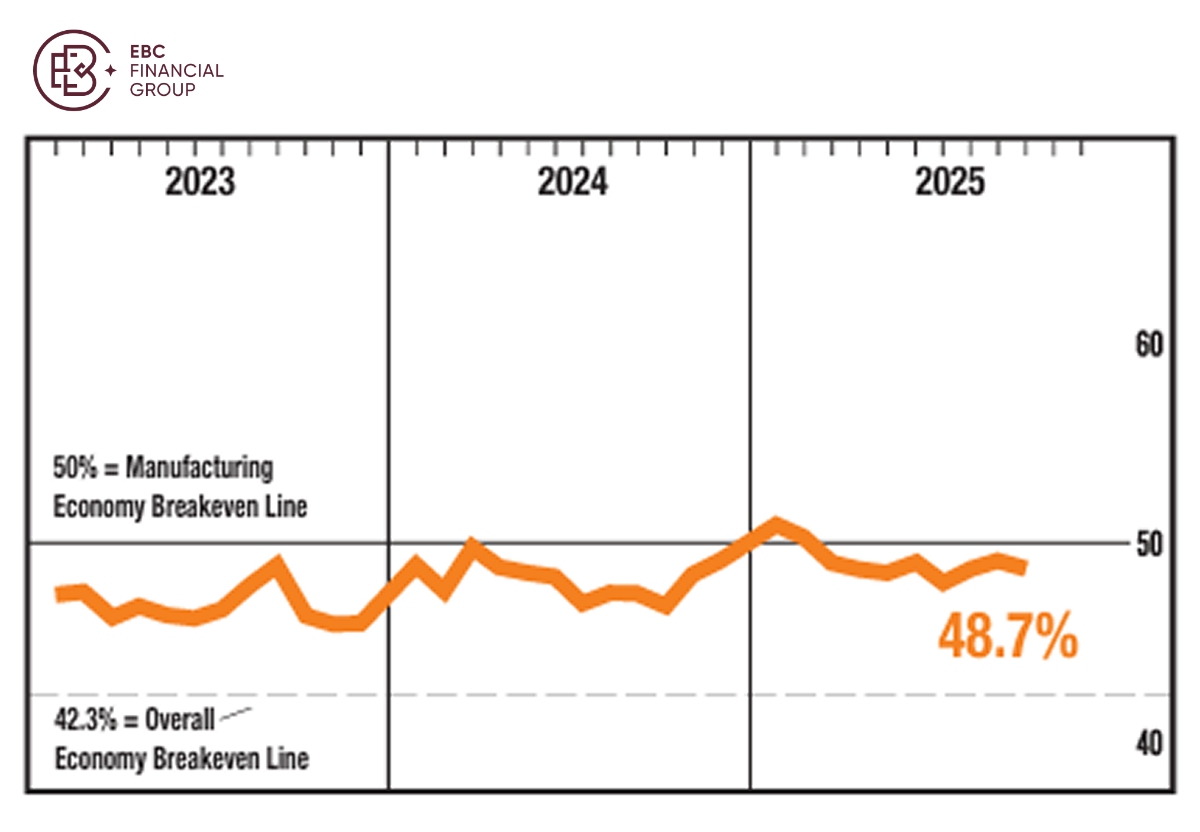
Trade deficit fell in September to the lowest level in 5 months as imports
dropped more sharply than exports. Still self-reliance hangs in the balance,
including worker shortage and crumbling infrastructure.
Manufacturing contracted for an eighth straight month in October as new
orders remained subdued, and suppliers were taking longer to deliver materials
to factories against the backdrop of tariffs on imported goods.
It will take several years to address structural issues at least, so staking
bets on Big Tech's underperformance anytime soon is unlikely to come off.
Instead it is key to find the next FANG or Magnificent Seven.
Systematic risks
Morgan Stanley highlighted that corporate earnings have exceeded forecasts,
growing the fastest since 2021. This momentum is projected to carry through
2026, broadening earnings contributions across major indices.
However, they are cautious in the short term. One risk is that the market may
be disappointed by the pace of Fed interest rate reductions after Chair Powell
pushed back the idea of action in December.
A lack of government data as the shutdown continues may also discourage the
Fed from easing policy. It is almost certain that this will be the longest
shutdown in history, underlining a frayed America.
Morgan Stanley also warned that the Fed's decision to pause its balance sheet
reduction may have a more significant medium-term impact on financial markets
than its current interest rate path.
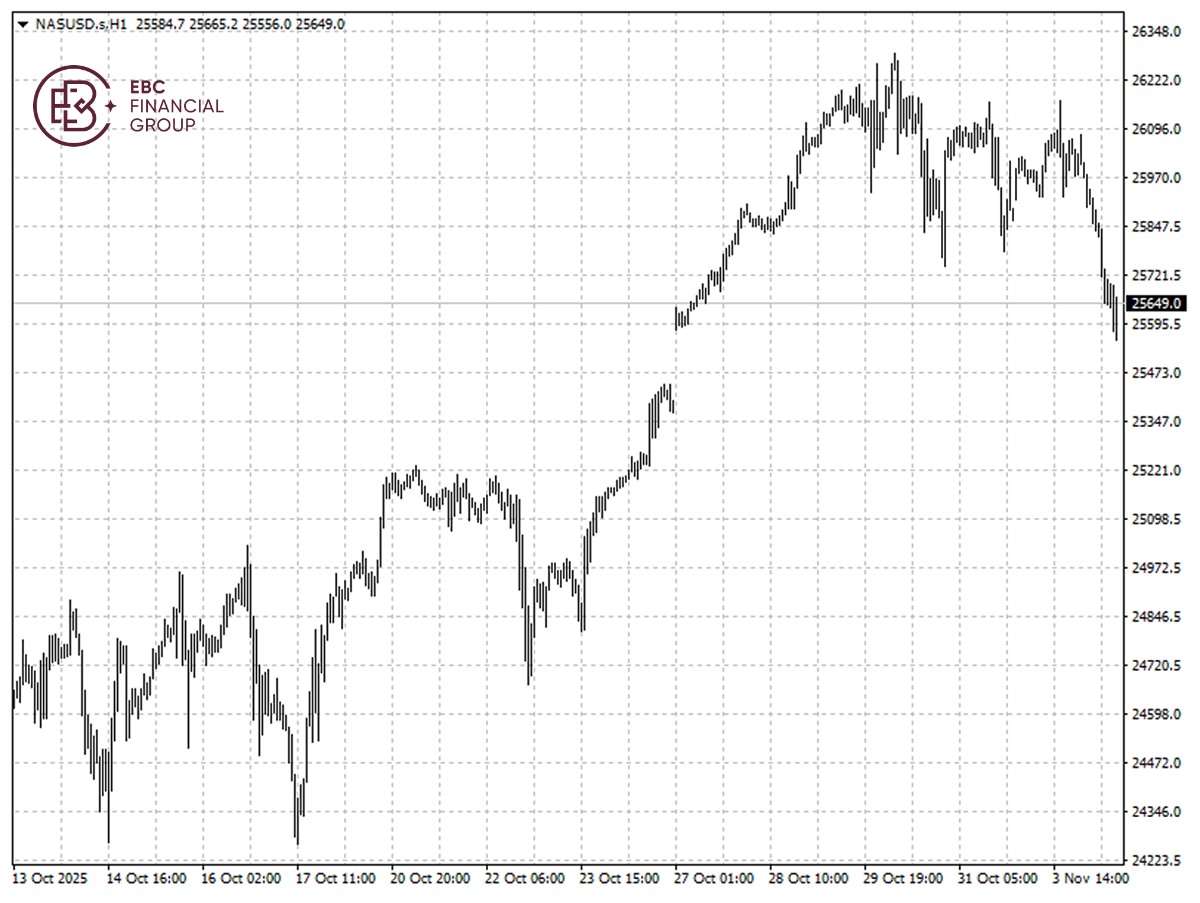
"It's likely there'll be a 10 to 20% drawdown in equity markets sometime in
the next 12 to 24 months," said Goldman Sachs CEO David Solomon at the Global
Financial Leaders' Investment Summit in Hong Kong.
He added that is a normal feature of long-term bull markets, and hence
standing advice to clients remains to stay invested and review portfolio
allocation, not attempt to time markets.
Goldman Sachs and Morgan Stanley both pointed to Asia as a bright spot in the
next few years on the back of recent developments including the trade pact
between the US and China.
AI arms race
McKinsey said that by 2030, data centres equipped to handle AI processing
loads would require $5.2 trillion in capex to keep up with compute demand, while
$1.5 trillion investment is needed to power traditional IT applications.
Big names Alphabet, Meta, Microsoft and Amazon have all lifted their guidance
for capital expenditures and now collectively expect that number to reach more
than $380 billion this year.
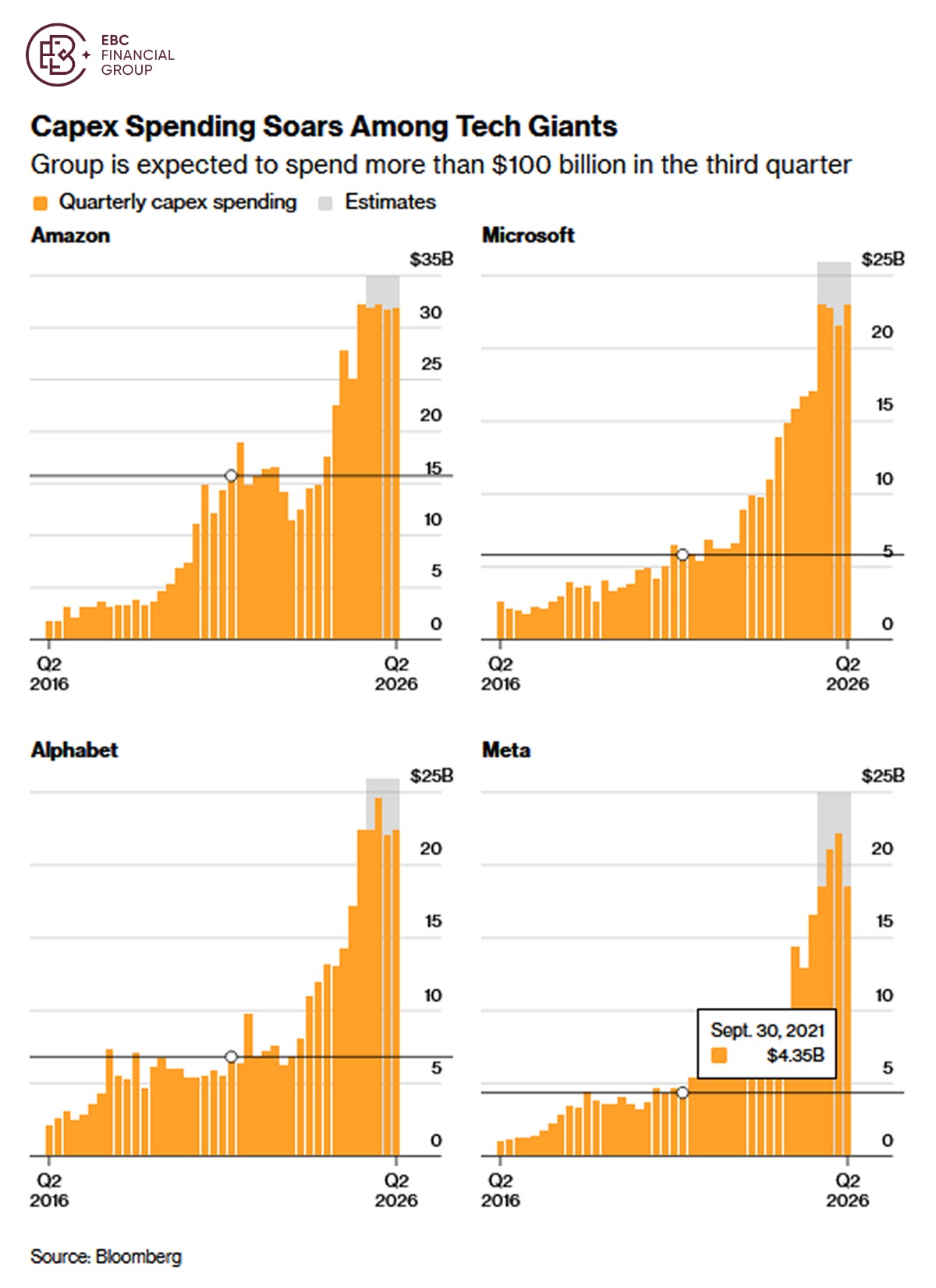
Shares of Meta sank earlier this week despite strong Q3 results as investors
were spooked by its aggressive plan of ramping up capacity. That marks a
consequential shift from elation to scepticism.
"These are like five year trends, and therefore the ramp up means that we
will start seeing real revenue benefits and real readiness to pay for it,
probably later than the expectations of investors," said HSBC CEO Georges
Elhedery.
According to a Bloomberg index tracking 45 major cloud, semiconductor, and
hardware companies, their forward PE ratios currently stand at around 23 times,
significantly higher than 14 times in April.
Some large technology firms adopt "novel and potentially circular private
financing arrangements" to fund expansion, and should revenue growth miss
expectations, their financial positions will face severe tests, according to
Singapore's central bank.
The money burning game is in full swing. Be that as it may, we have not seen
any sharp downward revision of full-year guidance for big players in AI, a sign
that it is premature to call the bull run end.
Disclaimer: This material is for general information purposes only and is not
intended as (and should not be considered to be) financial, investment or other
advice on which reliance should be placed. No opinion given in the material
constitutes a recommendation by EBC or the author that any particular
investment, security, transaction or investment strategy is suitable for any
specific person.















